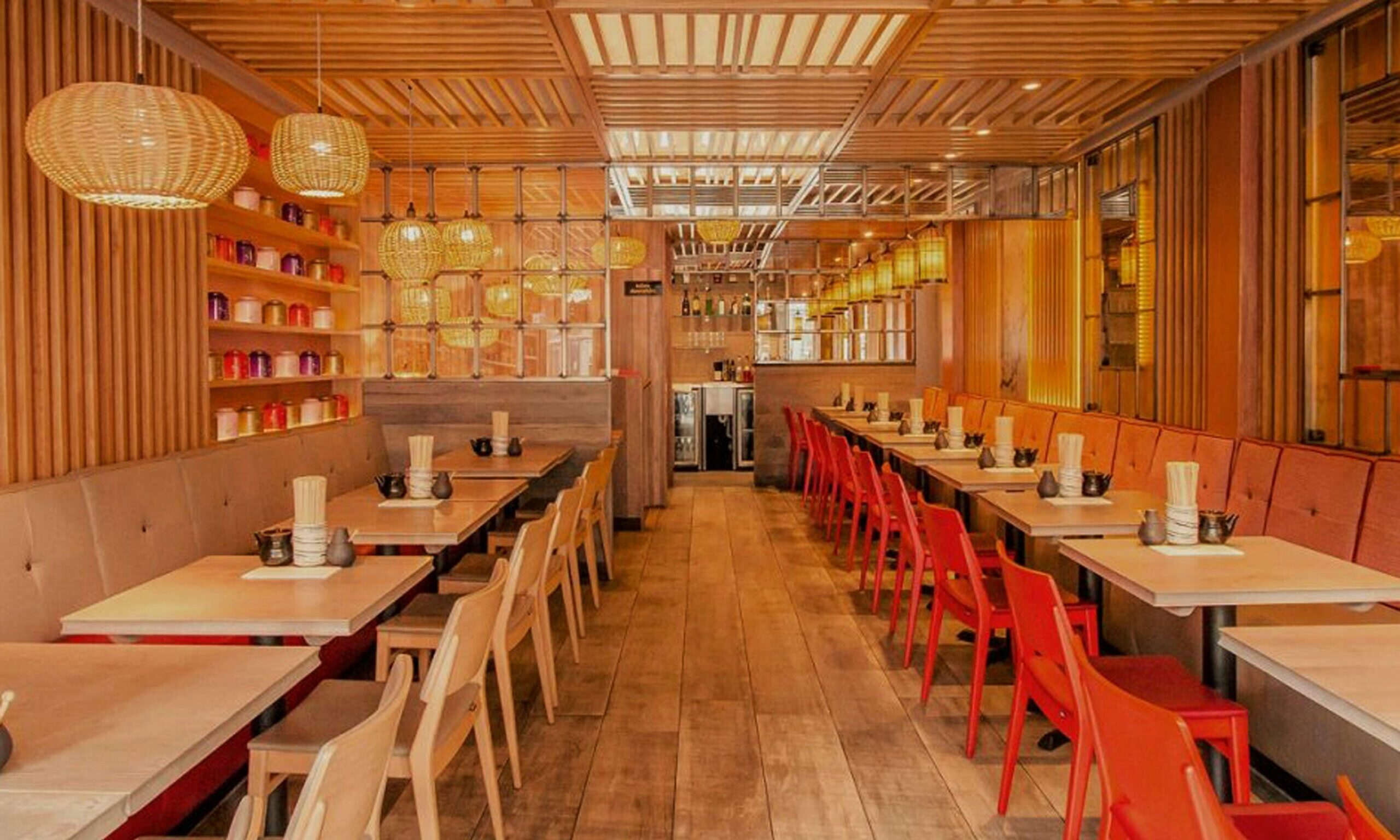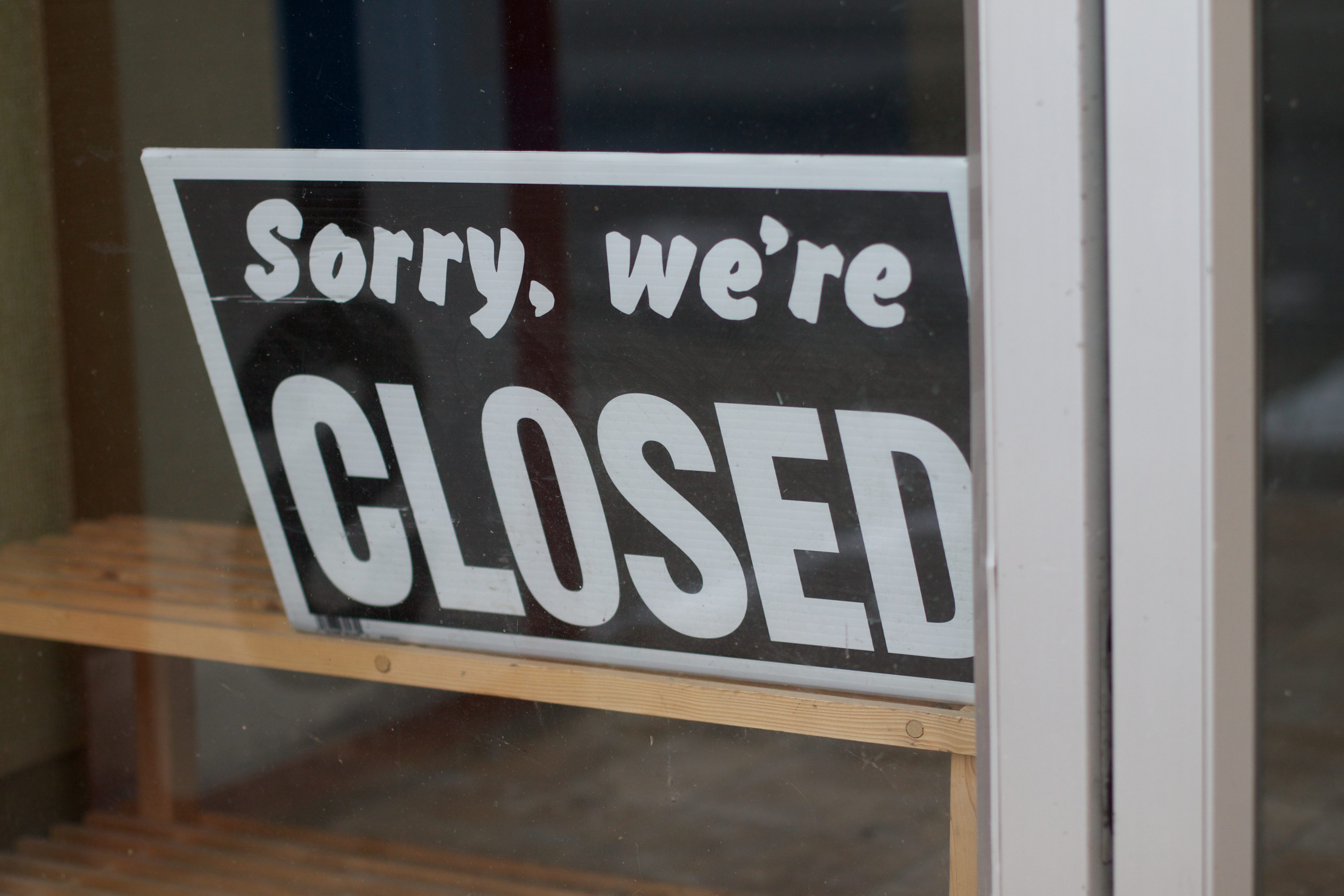Register to get 5 free articles
Reveal the article below by registering for our email newsletter.
Want unlimited access? View Plans
Already have an account? Sign in
Back in the summer of 2020, Eat Out to Help Out gave Brits a reason to leave the house. Half-price meals pulled people back into restaurants after months of lockdown, and by the end of the scheme, diners had claimed more than 160 million meals across the UK, according to government figures. For a time, it worked. The government-funded initiative, which cost roughly £849m, was widely regarded as an effective boost to the hospitality sector.
Now, four years later, the industry stands at the edge again thanks to sky-high costs, a heavier tax burden, and belt-tightening customers – but this time, the government won’t be throwing the industry that same lifeline.
However, for one restaurant operator – Tasty Plc – Eat Out to Help Out is back and funded out of its own pocket for the whole of April at Wildwood and dim t, meaning that half-way through this week the promotion will be retired.
It’s a move born of necessity and defiance, aiming to turn a memory into a movement once again. Speaking about this month-long promotion, chief executive Jonny Plant says, “We believe that good food should be something that brings people together, not something that feels out of reach. We wanted to remind people that dining out can still be affordable, fun, and a shared experience.”
At the same time, their customers are hurting too. Families are feeling the pinch. Dining out, once a casual treat, has become a rarer luxury.
The past five years have been a war of attrition for hospitality. Brexit cut off vital supply chains and drained the labour market. Then came Covid-19, and with it, lockdowns that emptied dining rooms and shuttered doors. When restaurants tried to rebuild, a new crisis came from abroad: war in Ukraine sent wheat and energy prices soaring.
Today, costs are still climbing. Natural gas prices, which fuel restaurant kitchens, remain double their pre-2022 levels. Add on top the latest wave of NICs and business rates costs, it has meant impossible choices: fewer staff, shorter hours, early closures. The pressure is coming from all sides, and Plant confirms that all of these increases “have taken their toll”. He says, “It is particularly acutely felt in a labour-intensive sector like ours. Every part of our business has been hit – from the rising energy bills to the costs of ingredients. It’s a tough time, no question.”
At the same time, their customers are hurting too. Families are feeling the pinch. Dining out, once a casual treat, has become a rarer luxury. Plant has taken note, saying, “People are working from home, tightening their belts and saving eating out for the weekend and special occasions. We’re seeing a shift in customer habits. People are more price-conscious than before, and while they still want to go out and enjoy a meal, they’re doing it less frequently.”
Going out to eat is understandably less popular during a Tuesday than on a Saturday. Yet restaurants still carry the same fixed costs every day of the week, whether the tables are full or empty. Talking about his rationale for Tasty’s Eat Out to Help Out scheme, Plant says, “Focusing on the early part of the week is where the opportunity is. If we can reintroduce more people to eating Monday to Wednesday, then we can expand our teams and offer more hours throughout the week. It’s about making sure that we can maintain the business and keep our employees busy, even when the restaurant isn’t packed.”
For the whole month, its reconstituted Eat Out to Help Out scheme offers patrons 50% off food and non-alcoholic drinks, up to £10 per person, every Monday to Wednesday.
Plant says the Tasty team needed to be creative with this scheme, adding, “The world is different now, but that doesn’t mean the old methods are gone. You just have to find new ways to make them work, and sometimes that means making a big, bold decision like bringing back EOTHO.”
This is the environment that has forced Wildwood and dim t to act. No government bailout. No safety net. Just a self-funded bid to bring diners back – and keep the lights on. For the whole month, its reconstituted Eat Out to Help Out scheme offers patrons 50% off food and non-alcoholic drinks, up to £10 per person, every Monday to Wednesday. The spring menu launch gave them extra ammunition. Fresh dishes, fresh reasons to dine out. Knowing that families are feeling the pinch, Tasty’s aim is to make dining out more accessible and to boost early-week trade.
The decision to revive EOTHO also coincides with the launch of Wildwood’s Spring menu. By coupling the promotion with new offerings – such as Tuscan fish stew and mixed wild mushroom risotto – Tasty Plc aims to attract a broader audience and show off its quality dining offering.
“The early response has been fantastic,” he adds. “Guests are returning to eating out at the beginning of the week, and the momentum is building. People have been impressed with the food quality, and that’s what’s important – we’re not just pushing a deal, we’re offering real value and a memorable experience.”
The spring menu launch gave them extra ammunition. Fresh dishes, fresh reasons to dine out.
Plant elaborates, “Although we are funding this offer ourselves, and it further reduces our margins on those days, the increase in trade at quieter times is offsetting those additional costs and is improving profitability over the week.”
Tasty Plc didn’t bring back EOTHO on a whim. It was a calculated move, sharpened by the tough lessons of the past few years. The timing wasn’t random either. April brought the double blow of rising National Insurance Contributions and a higher National Minimum Wage. Costs up, consumer confidence down. “Realistically, one campaign will never be able to cancel out the additional costs,” Plant admits. “This promotion is designed to help us fight back and encourage diners to return to their old habits of frequent restaurant visits – especially during the quieter times.”
The spring menu launch gave them extra ammunition. Fresh dishes, fresh reasons to dine out. Plant says, “We wanted to coordinate this strong offer whilst showcasing the launch of our spring menu.”
“This is part of a broader strategy,” Plant adds. “We must be nimbler than ever – which means trialling new ideas, learning fast, analysing the data and building loyalty through value and delivering the best experience.” In short: no silver bullet – but plenty of small wins, fought for early in the week.
Depending on how this April’s campaign goes, Tasty Plc’s gamble might not stay theirs alone for long. If a self-funded EOTHO reboot can bring diners back and save jobs, other operators might be tempted to try it out themselves. “We suspect there will be other similar offers launched as we are all facing the same headwinds,” says Jonny Plant. “Bold moves will be essential to keep the sector not just alive but thriving.”
Tasty Plc may be first out of the gate. But if their bet pays off, it could mark the start of a broader trend: restaurants taking charge of their futures, one plate at a time.
“People are looking for something to rally behind,” he adds. “EOTHO became a symbol during the pandemic, and it could be the same now. If we can make this work, others will likely see the potential too.” The idea is simple, but powerful: take what worked during the pandemic and make it fit the brutal economics of 2024. No government lifelines, just private action. In an industry that once leaned heavily on external support, this signals a shift from surviving to self-reliance.
“If our revival of EOTHO continues to have the desired effect of bringing back midweek trade and provides more work for our employees, it is inevitable that other groups will follow suit,” Plant adds. “The wider industry has always looked for ways to rely on government schemes, but this time we’re doing it ourselves.”
Tasty Plc may be first out of the gate. But if their bet pays off, it could mark the start of a broader trend: restaurants taking charge of their futures, one plate at a time.
On a final note, Plant says, “It’s not a quick fix, but we hope it’s part of a larger effort to rebuild the kind of business we had before – a business that’s consistent, that can sustain its staff, and that delivers great food.”



















